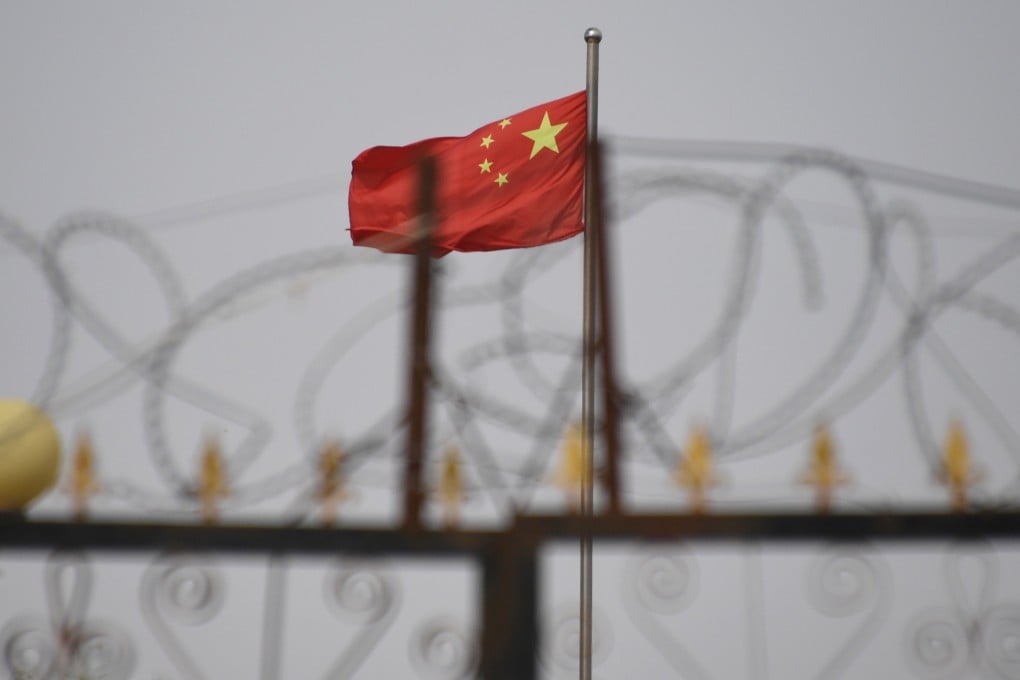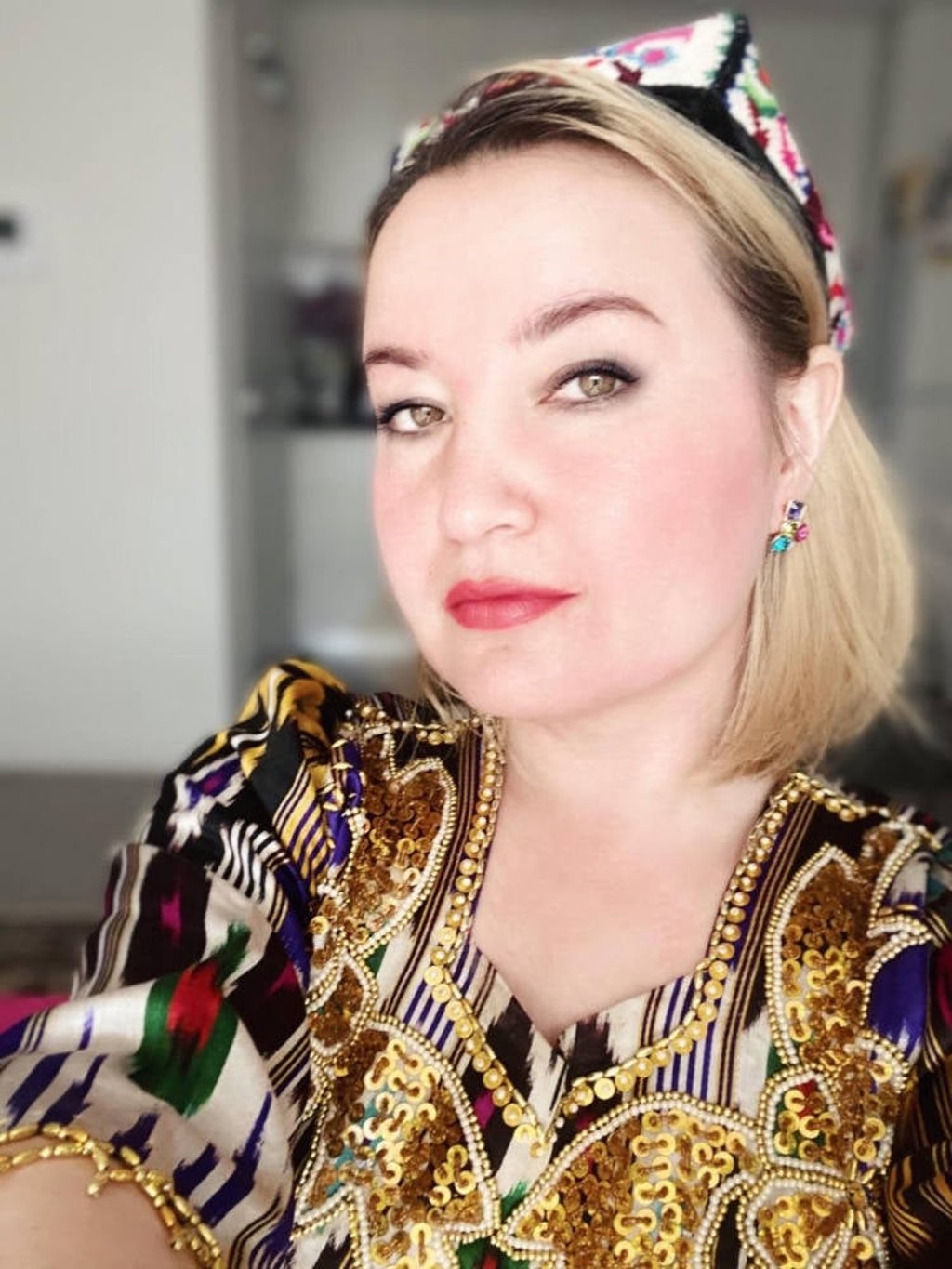Advertisement
As Australia slams China’s Xinjiang policies, Uygur activists hope for ‘concrete action’
- Australia’s small Uygur community feel they finally have a voice in the country’s national conversation about how to manage strained ties with China
- But Canberra has held back from sanctions on its largest trading partner and is unlikely to confront Beijing directly on the issue
Reading Time:4 minutes
Why you can trust SCMP
21

When Fatimah Abdulghafur began speaking out about the treatment of Uygur Muslims in China’s Xinjiang several years ago, few Australians she spoke to had any idea what she was talking about.
“People would say, ‘This is the 21st century, are you making up things?’” said Abdulghafur, a 41-year-old Uygur activist and geoscientist in Sydney.
“How come you have concentration camps there, how come your family doesn’t talk to you?”
Advertisement
All that has changed in recent years, according to Abdulghafur, who began her activism after her father in Xinjiang dropped out of contact in 2017.
A United Nations body that deals with enforced disappearances last year told Abdulghafur that Chinese authorities reported he had died in 2018 from “severe pneumonia and tuberculosis”.
Advertisement
Abdulghafur finds the explanation of her father’s death difficult to believe because she was unable to access his medical records and he did not have a history of suffering from either disease. She suspects her father was taken to a re-education facility.

Advertisement
Select Voice
Select Speed
1.00x